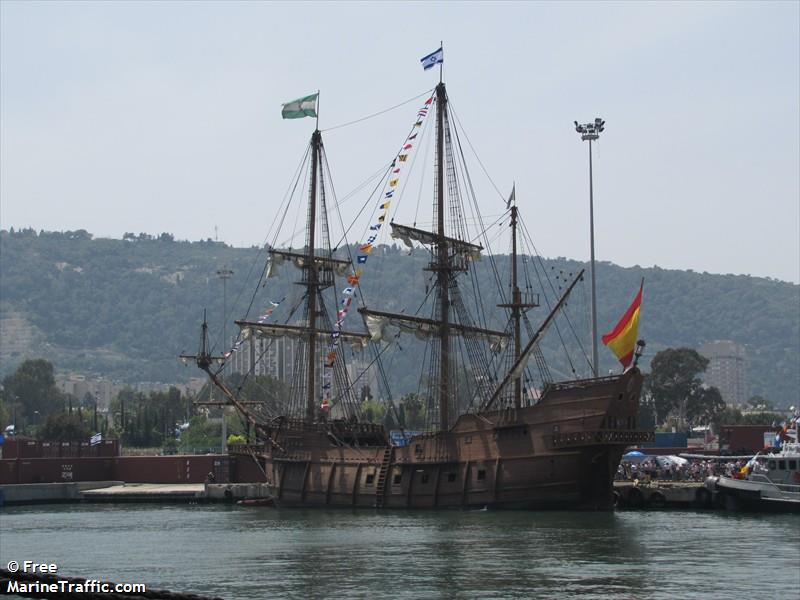 |
| I'm all about finding that silver lining ... always! |
Overall, this lockdown isolation (and we are on Day 40 today as I write) feels like a long sea passage -- just the two of us on board alone together. The hiatus has given us time for thinking, talking, reflecting, just as we do at sea with only the waves, each other, and our thoughts for company. It's nicer than a long passage in that we have internet, fresh vegetables, and no night watches. It's less nice than a long passage in that when we finally arrive and get to leave the boat we won't have an interesting new country to explore. Or maybe, just maybe, we as a nation will rethink some things during this quiet time (or even, some things will die of their own accord) and we won't go back to some of the ways that weren't working so well before. If that happens then there could be a new country to explore after all.
“In a rush to return to normal, use this time to consider which parts of normal are worth rushing back to,” suggested a meme that I posted a couple of weeks ago. So I have indeed been considering. There are things I miss from my old life, but perhaps fewer than I expected to. My normal life had lots of things I certainly don't miss -- the busy-ness and scurrying about; the filling every spare minute with distractions, mindless entertainment, and shopping; the indifference.
On the hurry-scurry, one of my Spanish friends said it best. The original is perhaps more lyrical than my translation but the point is so inarguable that I'm pretty sure it comes through. “Haste is dead,” he proclaimed. "Today, there is no rush to get up, there is no rush to bathe, no rush to dress and eat breakfast and drive to work. No rush to come home and make dinner and go to bed so you get enough sleep to get up tomorrow and do it all over again. Haste is dead, and time has been reborn.”
I've been pondering the distractions a lot as only essential services are allowed in our state at the moment. What is 'essential services' on the one hand, food, medicine, construction, trash, roads, gas. But almost half of what we have in our local economy … isn't essential. Most shopping isn't essential. I remember reading somewhere that the US has six times more retail space per capita on average than most of the rest of the world. An excess of stylish new clothes is certainly not essential and most of the people I know who have been cleaning and organizing while on lockdown are finding they have clothes to give away, a surplus rather than a shortage. And that goes for many other material things as well. Entertainment, tourism, museum, zoo, art, live music, even the library are all closed as non-essential. These things are also not considered 'nessessary' but they give life meaning, value, beauty. What a drab – and I daresay, brutish – existence we would have otherwise. Maybe post-lockdown we will begin to value experiences more than material things.
The indifference of the old "normal" compared to the generosity we've been offered in this time has been the most dramatic contrast of all. So yeah, that's the part of the old normal that we'll be most glad to jettison, and the thing that we will most remember from this time. Our neighbors and members of the local cruising community have been amazing. Grocery angels have done our shopping for us, we've had help from laundry angels, and errand angels while Dan is in strict isolation due to his injured lungs from a scuba diving accident in February. (It's been weird, learning to accept help rather than give it.) We've donated all the money we didn't spend last month on eating and drinking out, to suddenly unemployed servers and coffee shop owners and entertainers. We've learned to live slow, and to celebrate our friends via zoom and videochat, in many ways the one-on-one connections are deeper and richer than the noisy pubs we are more used to meeting friends in.
The virus still sucks, and we are still at risk, and we've lost numerous things we deeply value. I'm still wrestling a lot with my emotions around this summer's sailing season on the Galeon being cancelled. But the results of the lockdown, living slow and having time to think, that doesn't completely suck. We've found a small glitter of silver lining, and going forward, our “normal” will not be what it was before.









